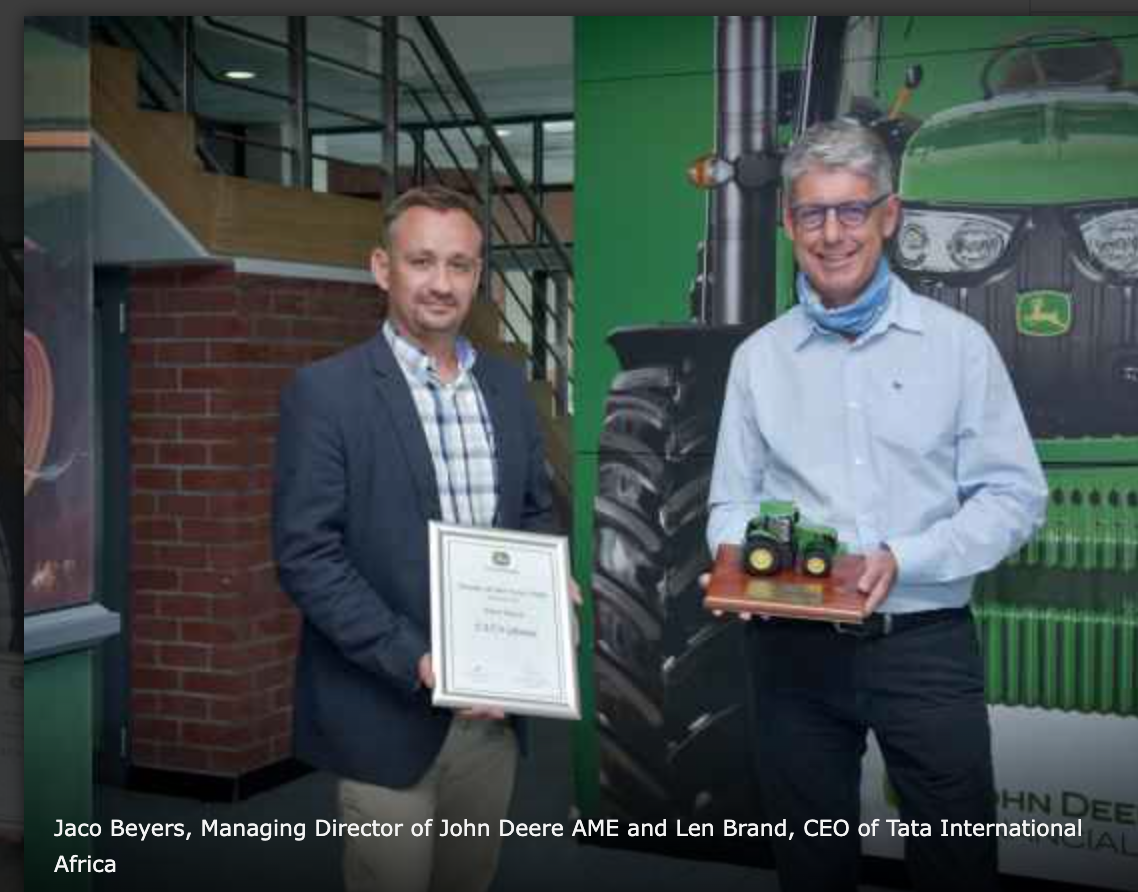World Leaders Gather at WCAS to Pledge Urgent Climate Action
COP28 WORLD CLIMATE ACTION SUMMIT
A Turning Point for Global Climate Action
The World Climate Action Summit (WCAS) held on December 1 and 2 was a pivotal moment in the fight against climate change. Leaders from 176 nations convened, united in their commitment to take stronger, immediate action in line with the Paris Agreement’s Global Stocktake. The urgency was palpable, as the world grapples with the increasingly severe impacts of climate change.
Keeping Paris Alive: Sectoral Commitments Take Center Stage
A key focus was staying on track with the Paris Agreement’s ambitious goals. Leaders recognized the need for concrete action, particularly through sectoral emissions reduction commitments. This means taking decisive steps to decarbonize across industries, from energy to agriculture.
The Global Energy Transition: Renewables and Efficiency Lead the Charge
The Global Energy Transition dominated discussions. Leaders acknowledged the crucial role of clean energy sources like renewables and energy efficiency in achieving climate goals. In a significant move, COP28 launched the Global Decarbonization Accelerator (GDA), a comprehensive energy package aimed at accelerating an equitable energy transition and slashing emissions across sectors.
Beyond CO2: Tackling Methane and Non-CO2 Gases
The Methane and Non-CO2 Gases Summit saw a major breakthrough. Leaders pledged over $1.2 billion to support developing countries in reducing these potent greenhouse gases. This reflects a growing understanding that tackling all greenhouse gases, not just CO2, is critical for achieving climate targets.
Climate Finance: Bridging the Gap and Reimagining the Architecture
Scaling up climate finance was another key emphasis. Leaders recognized the need for a significant increase in resources to support developing countries in climate action. Discussions centered on revamping the current climate finance architecture to address gaps and ensure efficient allocation of funds.
Sustainable Agriculture and Climate-Resilient Food Systems: Nourishing the Planet
The summit witnessed a significant pledge towards sustainable agriculture. 137 countries committed to building resilient food systems, with $2.6 billion in pledges. This acknowledgment of the critical link between climate change, agriculture, and food security is crucial for global well-being.
Climate and Health: A Growing Alliance
The intersection of climate and health also gained traction. 125 nations endorsed climate and health initiatives, recognizing the health risks posed by climate change and the need for preventative measures. This growing alliance demonstrates a deeper understanding of the multifaceted impacts of climate change.
Nature and Biodiversity: Investing in a Green and Blue Future
Nature-rich and ocean-rich countries took center stage, unveiling investment plans for nature conservation and global biodiversity initiatives. This highlights the recognition that protecting ecosystems is not just about environmental sustainability, but also about preserving vital carbon sinks and supporting local communities.
Inclusivity and Unity: Empowering All Stakeholders
WCAS emphasized the need for inclusive climate action. Leaders acknowledged the vital roles of civil society, youth, local leaders, Indigenous Peoples, and those most impacted by climate change. The Business and Philanthropy Forum pledged $5 billion to accelerate climate action in emerging economies, and over 200 Small and Medium-sized Enterprises (SMEs) joined forces to advance climate tech solutions. This broad coalition reflects the understanding that tackling climate change requires a united effort from all corners of society.
A Stepping Stone to COP28: Keeping 1.5°C Alive
The WCAS commitments send a clear message: the global community is committed to addressing climate change. These collective actions lay the groundwork for a successful COP28, where concrete plans and ambitious targets can be translated into tangible progress. The goal of limiting global warming to 1.5°C remains within reach, but it will require continued dedication and collaboration.


